Biomass Valorization for Energy and Bioproducts
In the modern day, it is imperative to establish a circular economy that uses sustainable approaches for waste management. Furthermore, the main fuel sources for the transportation industry, fossil fuels, are now running dangerously low. Environments and energy are essential components of daily living and provide a path for our sustainable development. Therefore, we need to find renewable resources to make biofuels in order to address these global concerns without adding to our carbon footprint. Due to their widespread use as primary energy sources, fossil fuels pose a threat to their depletion and the production of numerous hazardous greenhouse gases. This calls for the effective use of energy as well as access to alternate energy sources, such as bioenergy. The supply of biomass, the competition between the different applications of biomass, and sustainability issues are always key concerns for the deployment of bioenergy. Under such circumstances, agricultural waste materials are becoming more and more well-liked as readily available and reasonably priced substitutes for fossil fuels in the manufacturing of a range of products with added value, such as fuel additives, fuel components, and renewable fuels. Beyond the energy and climate aims, the production of bioenergy holds great promise for a number of social, economic, and environmental benefits. Bioenergy is essential for improving agricultural opportunities and promoting sustainable development in rural areas. With the production of food, water, ecosystems, and health as well as bioenergy synergies, careful planning and management can result in a number of benefits.
The book "Biomass Valorization for Energy and Bioproducts" offers comprehensive technical details on cutting-edge catalytic processes and technologies that facilitate the creation of all potential alternate energy fuels. Information on biomass as a feedstock for fermentation to generate next-generation biofuels is presented in chapters.
Get it now and save 10%
BECOME A MEMBER

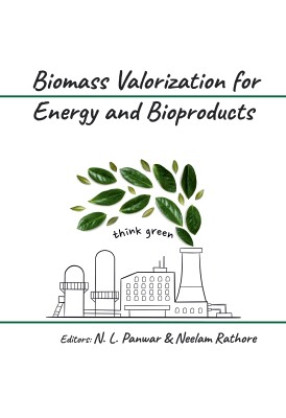
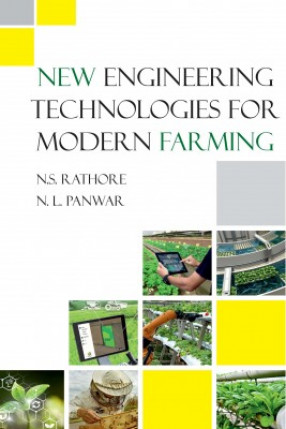

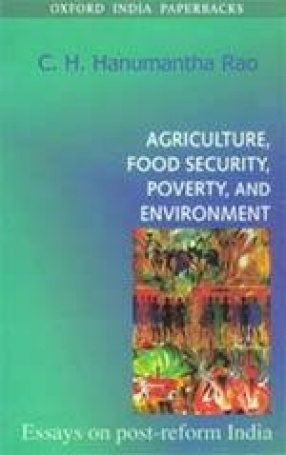
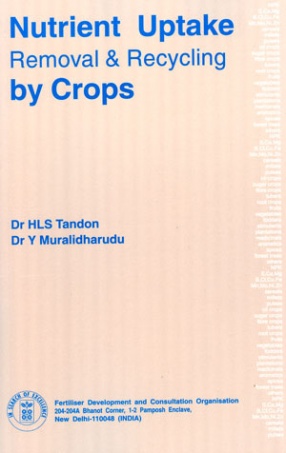
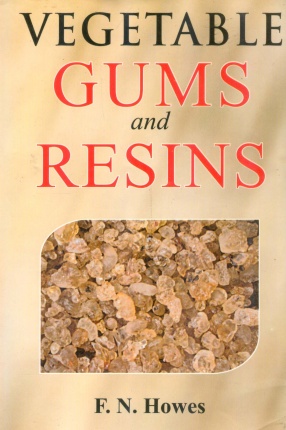
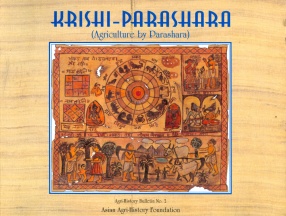

Bibliographic information
Neelam Rathore